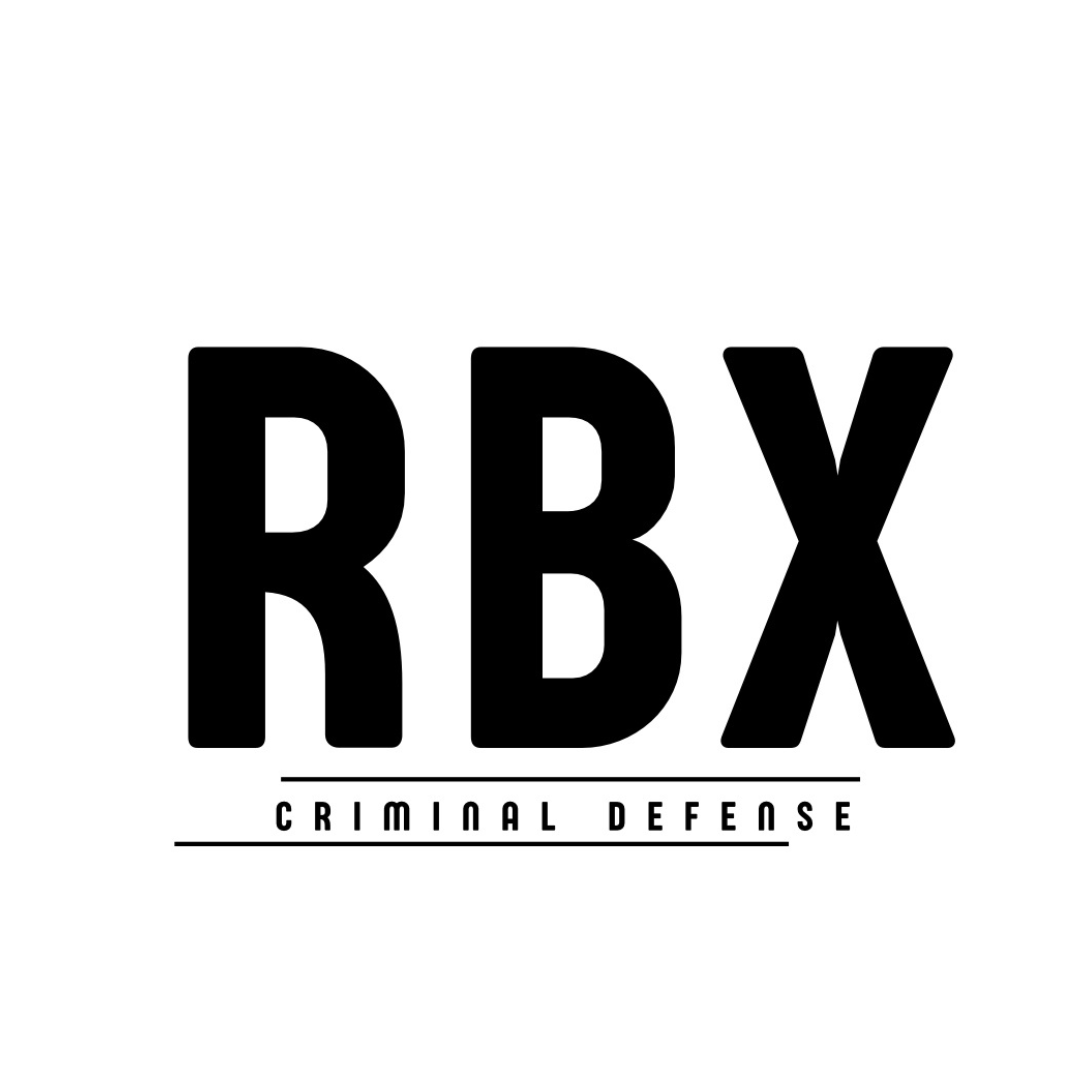You have the constitutional right to choose an attorney to defend against criminal charges. However, in California this right does not extend to infractions or civil matters (even if they are based on criminal charges).
There are 3 Options
- request the public defender
- hire a private attorney
- represent yourself
Self-representation (“In pro per”)
You have a constitutional right to represent yourself. However, even if you chose self-representation, the court can appoint an attorney to assist you with your defense. The court can also refuse to let you represent yourself if you are not mentally competent to stand trial. Self-representation can be a bad idea because you probably do not have the skills, expertise, or connections needed to defend against criminal charges.
Private attorney
You have the right to an attorney and can choose any licensed attorney to represent you. A “private attorney” is one that you chose and (usually) pay for their services.
Public defender
Each county in California has a public defender’s office that can represent you at little to no cost, provided you qualify financially. You do not have the right to chose which attorney from the public defender’s office will represent you. You can request a new public defender if you have a conflict with your appointed public defender.
Public defenders are typically experienced and skilled at all phases of criminal litigation, including negotiation, law and motion, and trial.
Public defenders usually carry a large case-load and therefore have limited time they can devote to each case.
How to Choose a Private Attorney
- start looking early
- ask for recommendations from friends and family
- internet search
Hiring a Private Attorney
Here are a few things to think about when you choose a private attorney:
- trust and respect
- easy to work with
- good communication
- connections with local prosecutors and judges
- skilled & experienced
Your attorney should have the skills and expertise for:
- The type of case (Examples of case types: DUI, murder, fraud)
- The defense strategies relevant to your case
Last thoughts on how to choose a private attorney
In summary, the more your attorney likes interacting with you, the more they will want to respond to you and work harder on your case.
RBX Law is a licensed California criminal defense lawyer.



